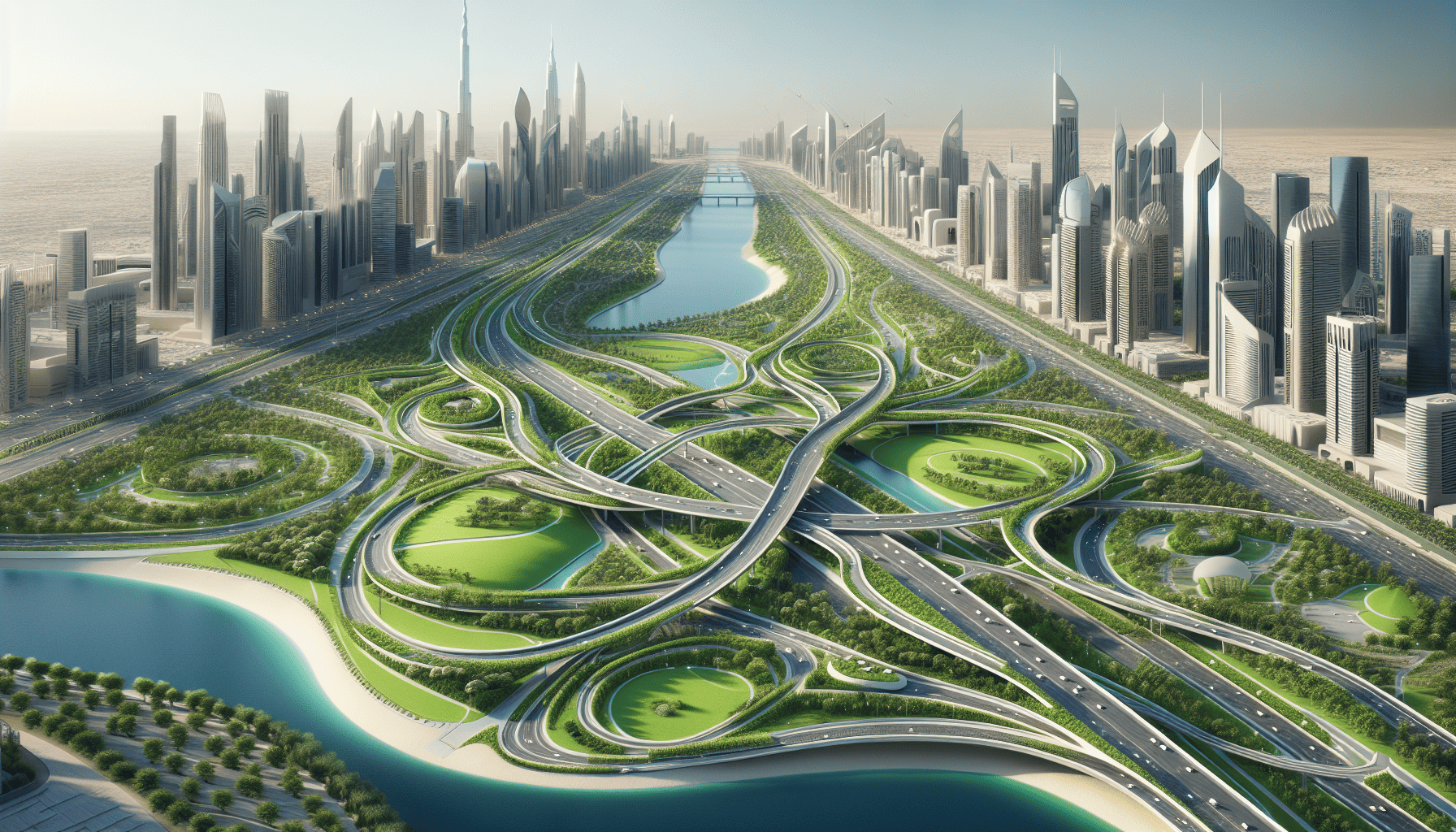Strategic road planning has become a cornerstone of future-oriented development in the United Arab Emirates (UAE), as the nation strives to build sustainable transport networks that cater to the needs of future generations. As one of the fastest-growing economies in the world, the UAE recognizes that intelligent infrastructure planning is essential to accommodate its rapid urbanization, burgeoning population, and environmental responsibility.
At the heart of the UAE’s strategic road planning initiatives is a long-term vision that emphasizes sustainability, technological innovation, and resilience. The UAE leaders aim to transform the nation's transport infrastructure into a model of efficiency and connectivity, ensuring seamless mobility for its citizens and visitors while minimizing environmental impacts.
A key element of this vision is the integration of advanced technologies into road systems. The UAE is investing in smart road technologies that enable real-time traffic monitoring and management. These systems use sensors and artificial intelligence to optimize traffic flow, reduce congestion, and enhance road safety. Furthermore, the development of intelligent transportation systems is crucial in supporting the burgeoning smart city projects across the emirates, making daily commutes more efficient and less time-consuming.
Sustainability is another critical focus area in the UAE’s road planning strategy. Recognizing the challenges posed by climate change, the country is committed to reducing carbon emissions and promoting eco-friendly transport solutions. The incorporation of electric vehicle (EV) charging stations into highway infrastructure and the establishment of dedicated lanes for EVs are some of the measures taken to encourage the transition to greener transportation modes.
Additionally, the UAE is facilitating the movement towards shared and multi-modal transportation options. By enhancing connections between different modes of transport, such as buses, metro, and cycling paths, the UAE aims to provide comprehensive mobility solutions that reduce reliance on private vehicles. This not only mitigates congestion but also aligns with global sustainability targets.
Strategic road planning in the UAE also takes into account resilience against future uncertainties. The country's infrastructures are being designed and constructed with foresight, taking into consideration climate resilience and potential future expansion needs. Building robust roads capable of withstanding harsh climate conditions ensures that the UAE's infrastructure remains functional and safe for coming generations.
Investment in human capital is equally important in this long-term vision. Training programs and initiatives aimed at cultivating skilled professionals in transportation planning and management are being established. This investment assures that the strategic vision is supported by talented individuals capable of executing and innovating upon the established plans.
In conclusion, the UAE’s strategic road planning for future generations is a testament to the nation's dedication to sustainable development and innovation. By embracing technological advancement, enhancing sustainable practices, and ensuring resilient infrastructure, the UAE is not only addressing the immediate needs of its current population but is also laying down a strong foundation for generations to come, fostering a transport ecosystem that is efficient, sustainable, and exemplary on a global scale.
